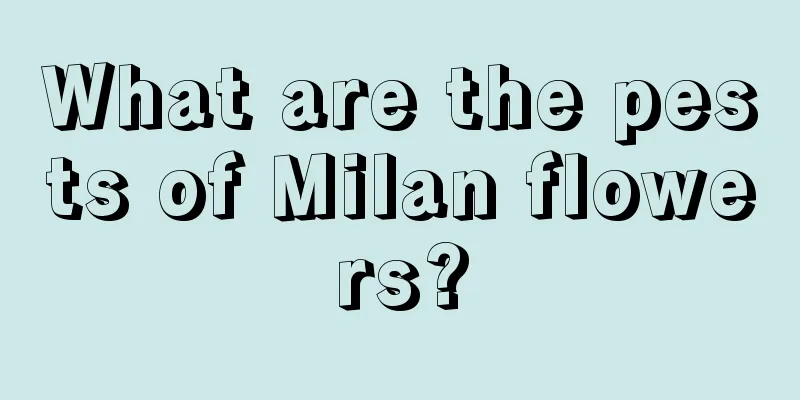Symptoms and treatment of infectious rhinitis in chickens

|
Infectious coryza is an infectious disease caused by Haemophilus influenzae. This disease mainly affects the respiratory tract of chickens, causing a series of symptoms in chickens. Here we talk about the symptoms and treatments of infectious rhinitis in chickens. 1. Symptoms of infectious rhinitis in chickens 1. Nasal discharge: Infected chickens will have nasal discharge, usually yellow or green pus. 2. Eye inflammation: Infected chickens may have eyes that are red, swollen, tearful, and closed. 3. Difficulty breathing: Chickens may experience difficulty breathing, wheezing or coughing. 4. Loss of appetite: Infected chickens may experience loss of appetite or even refuse to eat. 5. Rough feathers: The chicken’s feathers may become ragged or even fall off. 2. Epidemic characteristics of infectious coryza in chickens This disease occurs in chickens of all ages, but the older the age, the greater the susceptibility. It mainly occurs in laying hens and growing chickens. Chicks are less susceptible and rarely get the disease clinically. The incidence rate is high in laying hens, and the symptoms are severe and typical. Hidden carriers and sick chickens are sources of infection, and hidden carriers and chronically sick chickens are important causes of the disease in chickens. The main transmission route is through the respiratory tract via dust and droplets, but it can also be transmitted through the digestive tract through contaminated drinking water and feed . Mixed groups of chickens of different ages, crowded chickens, stuffy chicken houses, high ammonia concentrations, poor ventilation, or lack of vitamin A, cold and damp chicken houses, and parasite infestations can all cause serious illness in the chickens. Systemic reactions caused by avian pox vaccination in chickens are often the cause of infectious rhinitis. This disease often occurs in winter and autumn. 3. Treatment of infectious rhinitis in chickens 1. Isolate infected chickens: First, you need to isolate the infected chickens to prevent the disease from spreading to other chickens. 2. Antibiotic treatment: Use appropriate antibiotics for treatment. Commonly used antibiotics include oxytetracycline, erythromycin, etc. The choice of antibiotic should be determined based on the advice of your veterinarian and the results of drug sensitivity testing. 3. Symptomatic treatment: Symptomatic treatment includes cleaning nasal secretions, eye inflammation, etc., which can be cleaned and treated with saline or antibiotic eye drops. 4. Strengthen feeding management: Keep the chicken house clean and sanitary, provide plenty of drinking water and high-quality feed to help the chickens recover their health. 5. Vaccine prevention: Vaccinating chickens with appropriate vaccines can help prevent the occurrence and spread of infectious rhinitis in chickens. That’s it |
<<: What kind of soil is suitable for jasmine to grow in? Is jasmine easy to grow?
>>: How to grow jasmine to make it flourish? When does jasmine bloom?
Recommend
Environmental conditions and characteristics of morning glory growth
Morning glory growth environment conditions and r...
What to do if the leaves of Poinsettia turn black
The leaves of Poinsettia turn black, which means ...
Do you need to buy soil to grow succulents? Dig some at the door and add it, and you can get 10 pots of fruit without spending a penny!
Naturally grown succulents Succulents originally ...
How to grow pennywort hydroponically until it overflows the pot
1. Suitable container First of all, you need to b...
How often should potted plants be watered? How often should potted plants be watered?
How often should potted plants be watered? When w...
Can Desert Rose be exposed to rain? How to deal with excessive rainwater?
Can Desert Rose be exposed to rain in its place o...
How to grow azaleas and what to do with fallen leaves
1. Breeding methods 1. Soil: When planting, use s...
How much does a blueberry seedling cost (how much does a seedling cost)
1. Price The price of blueberry seedlings is actu...
Can Christmas cactus be planted in the ground?
Can Christmas cactus be planted in the ground? Ch...
How to water the Qilin tree? The correct way to water it
Overview of Watering the Kirin Tree When caring f...
How to make moss bonsai
Rapid moss method It is relatively simple to grow...
What is the reason for the azalea to drop its leaves? Is there any remedy?
1. Remedies for fallen leaves 1. Control water: I...
With 1 rubber band and 1 vegetable basket, the succulent plants will immediately grow roots, with a 100% survival rate!
Pull a rubber band - hydroponics will start takin...
How to prune purple bamboo plum
When is the best time to prune the purple bamboo ...
The Flower Language and Legend of Bamboo Cypress
Flower language of bamboo cypress The flower lang...









